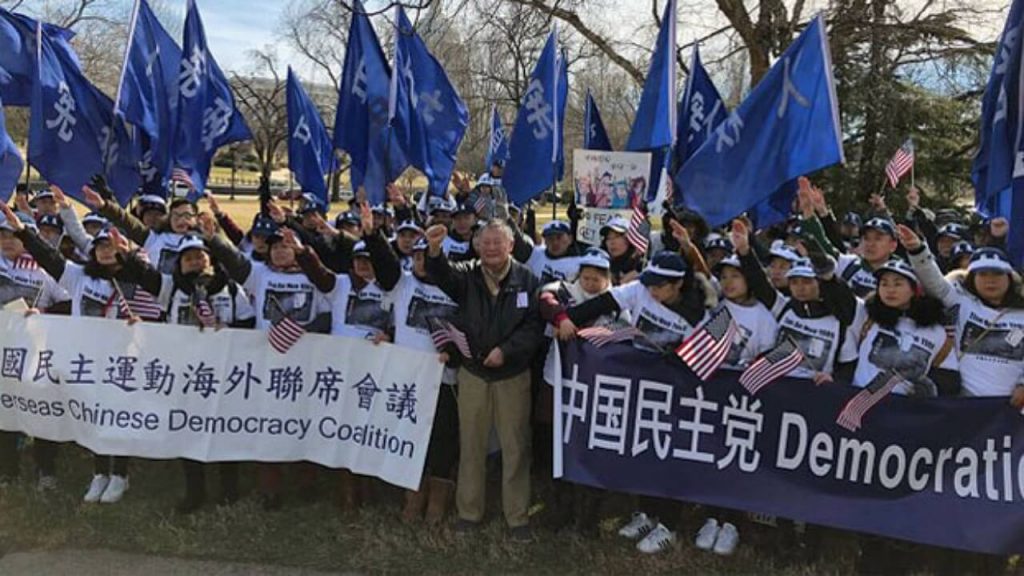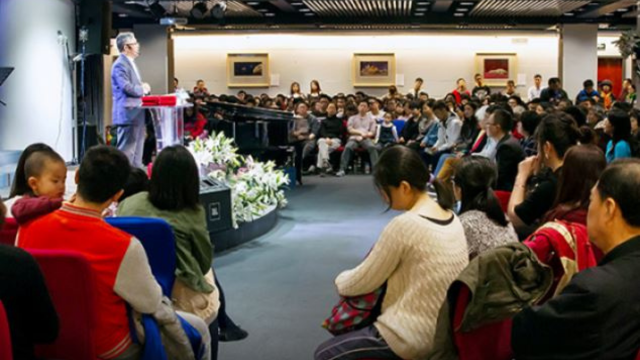
RFA
China’s human rights activists continue to speak out on behalf of victims of the ruling Chinese Communist Party’s abuses of power, despite the threat of arbitrary detention, torture, and forced ‘disappearance,’ an overseas rights group said on Thursday.
“2018 was another year of harsh reprisals against human rights defenders by Chinese authorities for their peaceful exercise of and advocacy for human rights,” the Chinese Human Rights Defenders (CHRD) network, which compiles reports from groups inside China, said in its annual report.
“Types of retaliation included the use of torture, enforced disappearance, and arbitrary detention,” the report said, adding that the government had also threatened activists who tried to cooperate with United Nations human rights experts.
Anyone who tried to speak out for marginalized and persecuted communities, report violations, or complain about the perpetrators of rights violations “bore the brunt of government retaliation” last year, the report said.
The group called on China to release all ethnic Uyghurs and other Turkic Muslims subjected to mass arbitrary detention in the northwestern Xinjiang Uyghur Autonomous Region (XUAR).
“End arbitrary detention of ethnic Uyghurs and Turkic Muslims in the [XUAR], and shut down internment camps and other indoctrination programs established under ‘counter-terrorism’ and ‘counter-extremism’ policies,” the report said in its recommendations section.
Sprawling camp system
Though Beijing initially denied the existence of re-education camps, Shohrat Zakir, chairman of the XUAR, told China’s official Xinhua news agency in October 2018 that the facilities are an effective tool to protect the country from terrorism and provide vocational training for Uyghurs.
Reporting by RFA’s Uyghur Service and other media organizations, however, has shown that those in the camps are detained against their will and subjected to political indoctrination, routinely face rough treatment at the hands of their overseers, and endure poor diets and unhygienic conditions in the often overcrowded facilities.
Adrian Zenz, a lecturer in social research methods at the Germany-based European School of Culture and Theology, has said that some 1.1 million people are or have been detained in the camps—equating to 10 to 11 percent of the adult Muslim population of the XUAR.
In November 2018, Scott Busby, the deputy assistant secretary in the Bureau of Democracy, Human Rights and Labor at the U.S. Department of State, said there are “at least 800,000 and possibly up to a couple of million” Uyghurs and others detained at re-education camps in the XUAR without charges, citing U.S. intelligence assessments.
Citing credible reports, U.S. lawmakers Marco Rubio and Chris Smith, who head the bipartisan Congressional-Executive Commission on China, recently called the situation in the XUAR “the largest mass incarceration of a minority population in the world today.”
The CHRD report also called for the release of all detained and imprisoned rights activists and human rights lawyers, and for those who mistreated or tortured them to be held criminally responsible.
“CHRD urges the Chinese government … to provide detainees and prisoners prompt access to proper medical treatment … and end the practice of enforced disappearance,” it said.
The report also said that wholesale violations of basic human rights had reached unprecedented levels under the administration of President Xi Jinping.
‘Draconian, invasive’ under Xi
“Under Xi, China’s authoritarian one-party political system has become the most draconian and invasive since the 1980s,” CHRD said in the report.
“The system denies Chinese citizens their human rights to democratic participation, freedom of expression, association, peaceful assembly, and freedom of religion, and it punishes them for promoting and exercising these rights,” it said.
The government has also targeted anyone who complains about abuses of power, and its failure to protect its people’s economic, cultural and social rights under international conventions, it said.
The report came as police in the eastern province of Jiangsu detained Twitter user Liu Hongbo and forced him to write and sign a self-criticism statement after he retweeted a number of tweets from the account of exiled Chinese billionaire Guo Wengui, also known as Miles Kwok.
Liu told RFA on Thursday that he was questioned by police in Yangzhou city last August and questioned about the tweets, which he was told amounted to a crime.
“I forwarded Guo Wengui’s tweets. Many other internet users forwarded them too. I read them, and I liked them,” he said. “I didn’t write them myself.”
“The police … said that it is a crime,” Liu said. “I didn’t know how to write a statement of remorse, so they showed me. We don’t seem to have any human rights in this country.”
On Tuesday, exiled activists from the China Democracy Party (CDP), which is banned in China, staged a protest outside the Chinese embassy in Washington over Beijing’s rights record.
“We went to the Chinese embassy to protest, and we laid wreaths outside for all the victims of communism [in China] and all of the persecuted Chinese citizens over the past 70 years,” veteran dissident Wang Juntao told RFA.
Reported by Tam Siu-yin for RFA’s Cantonese Service, and by Shi Shan for the Mandarin Service. Translated and edited by Luisetta Mudie.
Source: Copyright © 1998-2016, RFA. Used with the permission of Radio Free Asia, 2025 M St. NW, Suite 300, Washington DC 20036. https://www.rfa.org.












